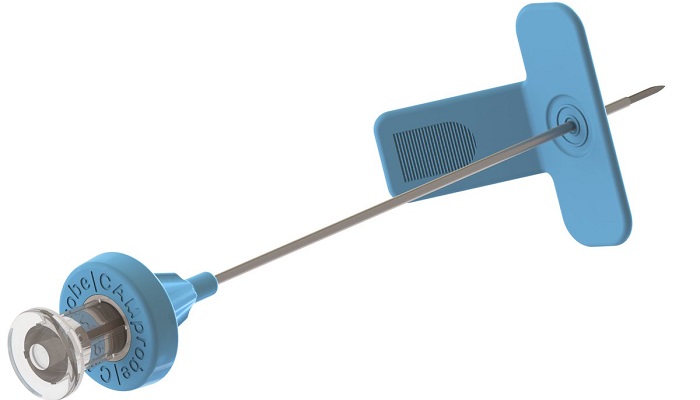CamPROBE may decrease the likelihood of infection while saving important time and money. A new technology will be introduced in November, and it is expected to revolutionise the traditionally unpleasant process of diagnosing prostate cancer.
In comparison to conventional transrectal biopsies, the Cambridge Prostate Biopsy Device (CamPROBE) is intended to reduce the risk of infection while simultaneously enhancing the patient experience. Importantly, the cost is anticipated to be significantly lower than that of current devices.
Contrary to current biopsy instruments, CamPROBE only needs two incisions as opposed to the usual 12. Additionally, it has a needle for administering local anaesthesia that is encased within a coaxial cannula for user convenience.
Prostate cancer has traditionally been identified with a transrectal needle biopsy under the guidance of an ultrasonography probe placed into the rectum. As the needle passes through the rectal wall several times on its journey to the prostate, this difficult technique carries a substantial risk of adverse effects, such as urinary infections and severe sepsis.
Medical and professional organisations now advise using the transperineal route instead, which is the area between the legs and under the scrotum.
Professor Vincent Gnanapragasam, an expert in urology, and his colleagues at the University of Cambridge and Cambridge University Hospitals NHS Trust developed the CamPROBE with the goal of making prostate biopsies easy, secure, and ultimately economical. Notably, prostate cancer is found in one out of every eight men.
According to Professor Gnanapragasam, a multi-center clinical inquiry study found that cancer diagnostic accuracy was comparable to that of other biopsy methods and that there were no indications of infections, device flaws, or safety concerns when using the device. Patients reported little pain despite the short procedure periods and small quantities of local anaesthesia were administered.
More than 85% of patients said they would advise someone else to get a prostate biopsy with the CamPROBE process, he added. Innovation in healthcare consulting The intellectual property for the CamPROBE gadget was protected by Health Tech Enterprise and Cambridge Enterprise, the commercialization branch of the University of Cambridge.
In order to improve, test, and market the CamPROBE device, they also assisted in obtaining grant funds from the National Institute for Health and Care Research.


















